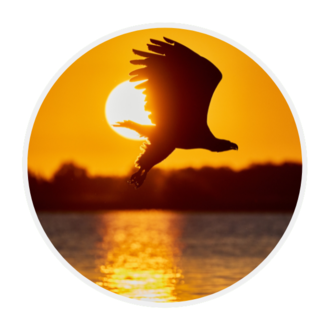Indigenous Learning and Resources at NLC
Access to Indigenous learning resources and language programming, integration of Indigenous topics into curricula, and culturally relevant content in programs is a priority at Northern Lakes College. Indigenous topics are included in Academic Upgrading, Business, Health Careers, Human Service Careers, and University Studies, where appropriate.

The University Studies program offers eight Indigenous studies courses:
- Indigenous Law and Policy in Canada
- Place, Nation, Relations – Early Settler and Indigenous Writings in Canada
- Introduction to Indigenous Issues
- Deconstructing Images of Indigenous Peoples in Canada
- Representation of Indigenous Women in Canada
- The Politics and Process of Reconciliation in Canada
- Introductory Cree Language
- Introductory Cree Language II
A specialization in Revitalization of Indigenous Languages is offered in partnership with UCalgary. Indigenous Studies courses are imbedded throughout the College’s post-secondary programs. For example, the Introduction to Indigenous Issues course is included in the Addictions Counselling and Early Learning and Child Care diploma programs.
The Indigenous Administration Certificate focuses on Indigenous Government Administration in Canada. Topics covered include Indigenous Relations, Cultural Considerations, Indigenous Community Capacity Building, and Economic Development. This program is intended as an upskilling opportunity for existing employed persons and for those interested in increasing entrepreneurial initiatives, to facilitate relationship building, and fostering an understanding of Indigenous culture, history, politics, and economic issues. This certificate program is comprised of nine micro-credential courses.
In Foundational Learning, high school Aboriginal Studies courses are available through the Academic Upgrading program, and the English and Social Studies curriculum includes Indigenous content. A Cree Language course is offered as part of the Adult Basic Education, which is infused with Indigenous content throughout the Communications and Social Studies curriculum.
Other programming initiatives to promote equity, inclusion, and appreciation of diversity include the Indigenous Day workshop in the Social Work program, focused on Indigenous ways of knowing, the National Truth & Reconciliation Commission Calls to Action, and the history and trauma endured by Indigenous Peoples.
The Northern Lakes College Elders-in-Residence program has two Elders available to support students and employees either in person or virtually. The program offers wellness sessions including the connection between wellness and the Medicine Wheel, beading, ribbon skirt-making, a vision board workshop, and a recording on the topic of local Indigenous languages.
The library has many Indigenous-themed resources in the physical and digital collection which primarily includes books, DVDs, eBooks, journal articles, and three databases that are specific to Indigenous studies. The library also has an Indigenous resource guide housing information on truth and reconciliation, Canadian treaties, the Métis, Indigenous women, and Indigenous language apps.
Further to the above programming and initiatives, Northern Lakes College also engages in opportunities for cultural learning and celebration during National Day for Truth & Reconciliation in September and Métis Week in November.
Employee Development
Northern Lakes College employees are provided with professional development opportunities to learn about equity, diversity, and inclusion, and to gain a greater understanding of truth and reconciliation.
Respect in the Workplace is a custom training program developed for Northern Lakes College to cultivate a safe, productive, and respectful work environment. The program focuses on the prevention of bullying, abuse, harassment, and discrimination and provides direction for responding to and reporting incidents of inappropriate behaviour.
Inclusion at Work provides employees with the knowledge and strategies to build awareness of equity, diversity, and inclusion across the organization. It emphasizes the development of a mindset that seeks to understand, discusses cultural differences, encourages the learner to understand and recognize bias, and supports the development of inclusion skills.
Engaging Indigenous Learners offers a set of independent modules designed to help those in the educational field work effectively with Indigenous learners. Emphasis is placed on awareness, trust, and a genuine desire to embrace diversity, as well as different ways of learning. The modules are designed so that they can stand alone, as individual references to areas of engaging Indigenous learners, or be studied in succession.